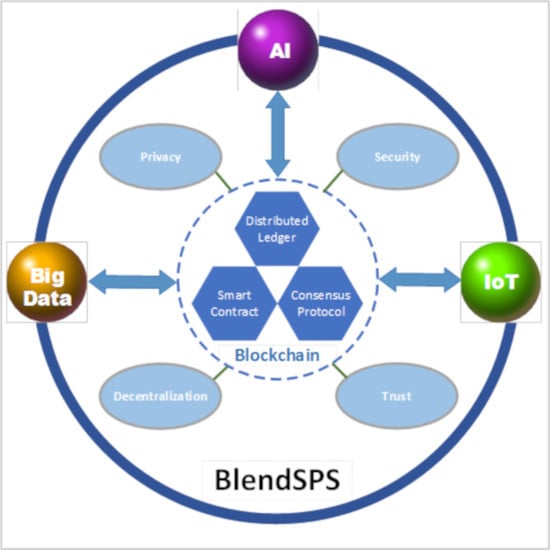Blggzz: Your Daily Dose of Insight
Stay updated with the latest news and informative articles.
Revolutionizing Fair Play with Decentralized Player Protection
Discover how decentralized player protection is transforming fair play in gaming. Join the revolution for safer, more equitable experiences!
Exploring Decentralized Solutions for Enhanced Player Protection in Gaming
In the ever-evolving world of gaming, decentralized solutions offer a promising avenue for enhancing player protection. By leveraging blockchain technology, players can enjoy greater transparency and security regarding their in-game assets and transactions. Unlike traditional centralized systems, where a single entity holds all the power and data, decentralized platforms distribute control among multiple participants. This shift not only mitigates the risk of data breaches but also empowers players, granting them true ownership of their digital assets. Consequently, gaming becomes not just a form of entertainment but also a safeguarded environment where fairness and integrity thrive.
Furthermore, decentralized solutions can play a crucial role in combating fraudulent activities and unfair practices within gaming ecosystems. Smart contracts, which are self-executing contracts with the terms of the agreement directly written into code, can automate and enforce player rights without the need for intermediaries. This technology minimizes the potential for human error or corrupt practices, ensuring that game mechanics and loot distributions are fair and transparent. As the gaming industry continues to innovate, embracing decentralized solutions is vital for fostering a trustworthy environment, ultimately leading to a more engaged and satisfied player base.

Counter-Strike is a popular first-person shooter game that pits teams against each other in various objective-based modes. Players can choose between terrorist and counter-terrorist factions, each with unique missions. If you're looking to enhance your gaming experience, consider checking out the stake promo code for exclusive bonuses.
How Decentralization is Changing the Landscape of Fair Play
In recent years, decentralization has emerged as a revolutionary concept that is significantly transforming the landscape of fair play across various sectors, including finance, gaming, and data management. By leveraging technologies like blockchain, decentralized systems eliminate the need for intermediaries, allowing individuals to interact directly with one another. This transparency ensures that transactions and engagements are not only secure but also verifiable, fostering a sense of trust among participants. As traditional gatekeepers lose their grip, the democratization of access empowers users, creating an environment that is more equitable and just.
Moreover, the shift towards decentralization emphasizes fair play by embedding fairness into the fabric of systems themselves. In gaming, for instance, decentralized platforms enable players to own their in-game assets directly and provide a more level playing field, reducing the risks of cheating and exploitation. By using smart contracts, developers can ensure that rules are enforced automatically and transparently. This transformative approach not only promotes fairness but also nurtures a more vibrant and engaged community, where participants are incentivized to uphold the principles of integrity and competition.
What Are the Benefits of Decentralized Player Protection in Competitive Environments?
Decentralized player protection in competitive environments offers numerous benefits that enhance the integrity and fairness of gameplay. By utilizing blockchain technology, players can experience an unprecedented level of transparency and trust. This system eliminates the need for centralized authorities that can be susceptible to manipulation or bias. Moreover, it ensures that all player actions and transactions are recorded on an immutable ledger, which bolsters accountability. In contrast, traditional systems often face challenges such as fraud and biased dealings, where a single party holds the keys to influence outcomes. With decentralized mechanisms, players can feel more secure knowing their interests are inherently safeguarded.
Another significant advantage of decentralized player protection is the promotion of community-driven governance. By empowering players to participate in decision-making processes through mechanisms like voting, it cultivates a fairer gaming environment. This not only allows for real-time feedback and improvements but also fosters a sense of ownership among players. Furthermore, the decentralized model encourages diverse perspectives, which can lead to innovative solutions for persistent issues in competitive gaming, such as cheating or exploitation. As the gaming landscape evolves, adopting decentralized systems will be crucial in shaping a more equitable and enjoyable experience for all.